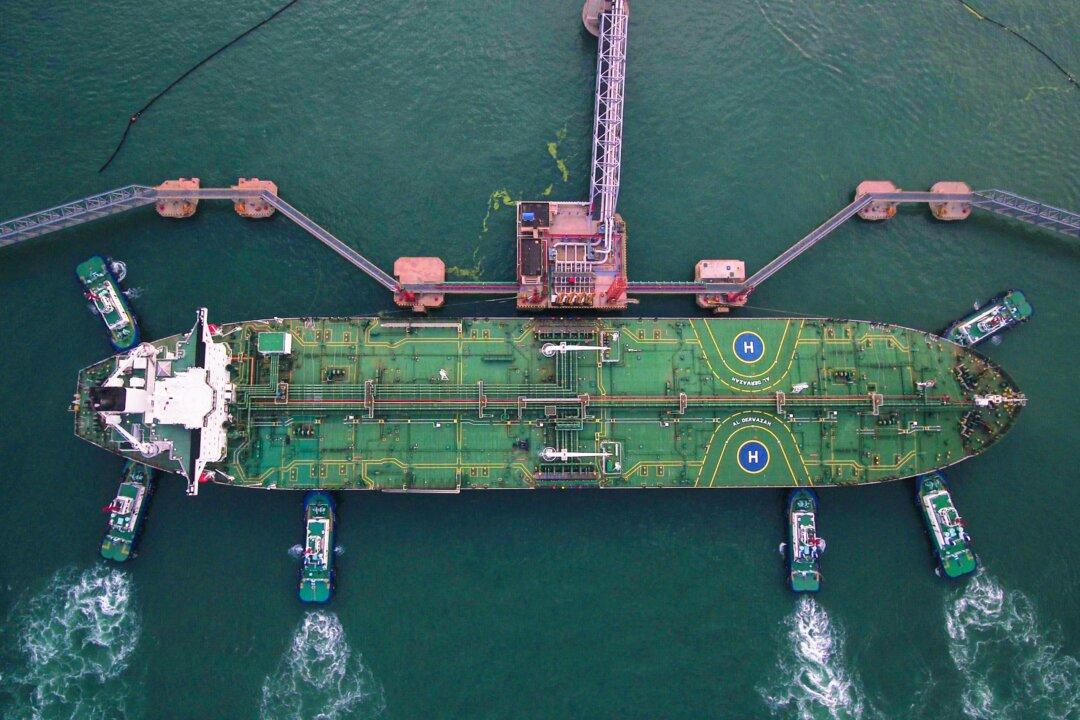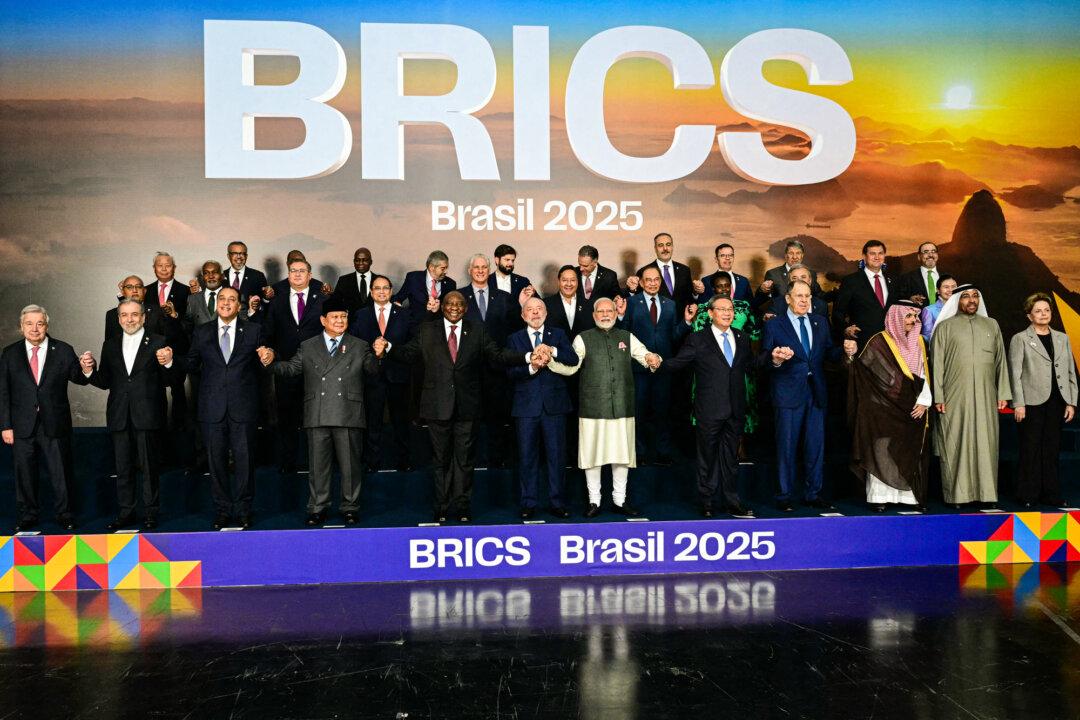The Dow Jones Industrial Average index just reached a milestone valuation 28,000. That’s a pretty big deal in the investing world. It’s never, ever happened. Consider that on November 9, 2009, as the country was struggling to emerge from the Great Recession, the Dow gained two percent and closed at 10,226.9. It has almost tripled since then.
What gives? Don’t trade wars, presidential impeachments and record national debt levels matter to investors? The answer is, “they do and they should,” but not always. Much to the chagrin of the mainstream press which loves to focus on the negatives, it greatly depends on other external factors.





